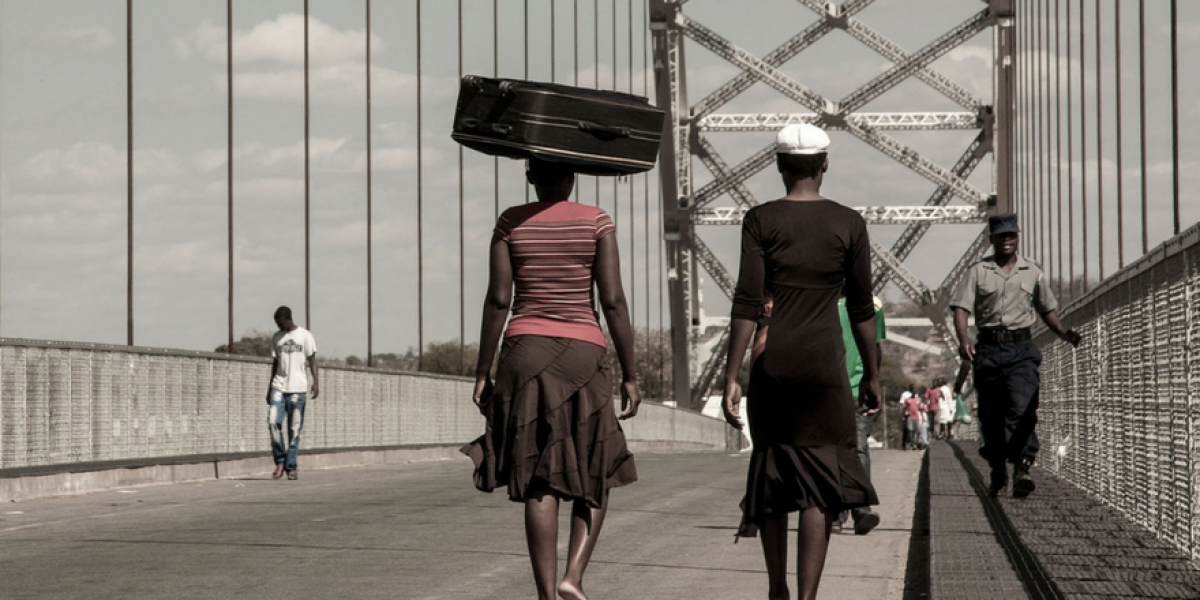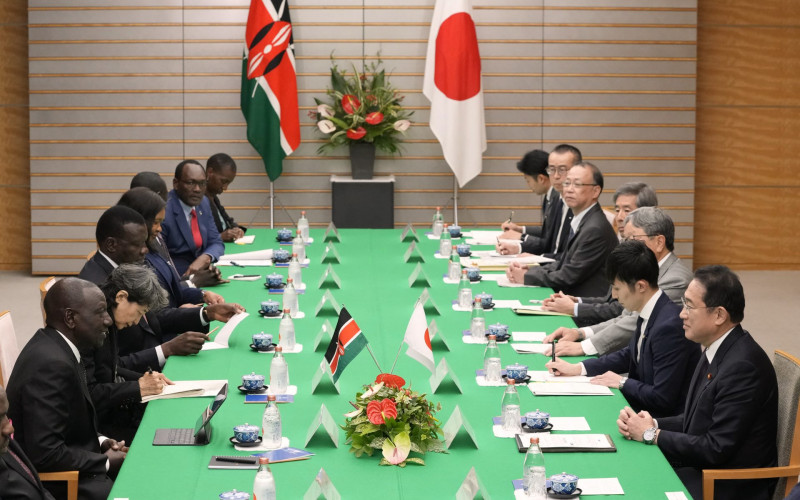There are two parallel interpretations of the relationship between China and Zimbabwe: on the one hand, it is often viewed as a microcosm of China–Africa relations due to its economic and resource elements; on the other, it is portrayed as an example of China’s support for a ‘pariah regime’ without any consideration of human rights and good governance. However, this paper argues that the China–Zimbabwe relationship is neither of these, but rather a possible model for China–Africa relations as a whole. Driven by the ‘Look East’ policy on the Zimbabwean side and the engaging policy supported by the Forum on China–Africa Cooperation on the Chinese side, this relationship has its own dynamic, development path and implications. Through a historical review, the paper looks at the current political, security and economic engagements between China and Zimbabwe, and concludes the following about their relationship: (1) it is unique in that it has a momentum driven by two elements, namely the sanctions imposed on Zimbabwe by the West and the re-engagement policy by China; (2) it is balanced internally among different pillars, especially the political and economic pillars; and (3) it has great potential to be a pioneer for China–Africa relations as a whole. However, it is important to point out the obstacles ahead, which calls for both parties to reverse the negatively motivated and balanced relationship to a positive one.







